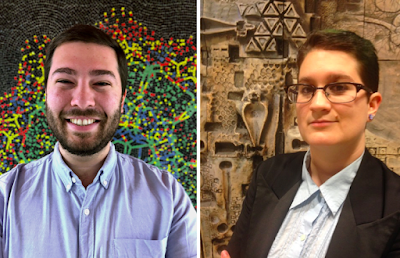The International Roots of Future Neuroethics

By Denis Larrivee Denis Larrivee is a Visiting Scholar at the Neiswanger Bioethics Institute , Loyola University Chicago and a member of the International Neuroethics Society communication committee. He also serves on the editorial board for the journal Neurology and Neurological Sciences , where he is the section head for neuroscience. He is currently the editor of a text on Brain Computer Interfacing and Brain Dynamics. The reappearance in 2017 of the Ambassador Session at the International Neuroethics Soci-ety’s annual meeting underlines both the rapid upswing of global investment in neuroscience and the internationally perceived need for ethical deliberation about its interpretive significance, distinctive cultural manifestations, and evolution of complementary policy and juridical structures best serving global versus regional interests. The 2017 session juxtaposed the more mature organizational approaches of the American and European neuroethical programs ...




